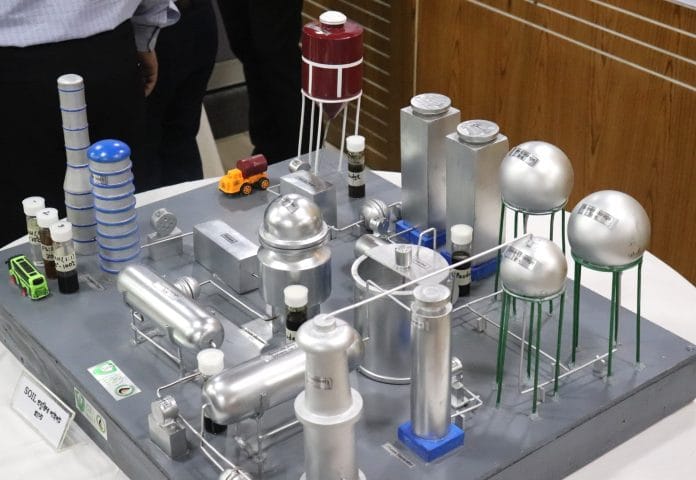Bangladesh has the potential to produce up to 2,000 barrels of high-quality octane or octane booster daily from fecal sludge, according to research presented at a seminar hosted by the Bangladesh Energy and Power Research Council (BEPRC) on Wednesday.
A commercial-scale biorefinery using just 25–50 percent of the country’s daily sludge generation of 30,000 tonnes could generate an estimated Tk 2,000–4,000 crore in annual revenue, said Dr. Md. Khalekuzzaman, Professor at Khulna University of Engineering & Technology (KUET) and principal investigator of the Sludge to Oil (SOIL) project.
Launched in April 2022 with a Tk 2.07 crore budget, the project has developed a hydrothermal liquefaction process capable of converting sludge into bio-crude oil with a 54% yield, which can be refined into gasoline, diesel, and aviation fuel.
The seminar, held at BEPRC’s conference room, was attended by Jalal Ahmed, Chairman of the Bangladesh Energy Regulatory Commission (BERC), as chief guest; Mohammad Saiful Islam, EMRD Secretary, as special guest; and Mohammad Wahid Hossain, BEPRC Chairman (Senior Secretary), who presided over the event.
Senior officials from ministries, corporations, and industry joined the discussion, exploring commercial viability, business models, and scalability. Participants praised the project’s environmental benefits and market potential, with BEPRC leaders expressing satisfaction and pledging continued support.

